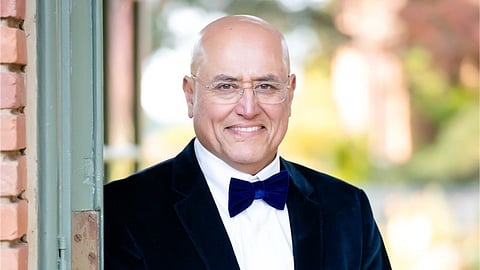

Tech entrepreneur and Hotmail Co-founder Sabeer Bhatia has launched a sharp critique of India’s education and start-up ecosystem, arguing that the country’s brightest minds are being funnelled into a rote-based exam culture rather than being encouraged to innovate or build the next wave of global companies.
In a candid podcast appearance, Bhatia took aim at India’s obsession with competitive exams like the Joint Entrance Examination (JEE), questioning whether the intense coaching regimes in hubs like Kota are fostering talent or destroying potential, as reported by Economic Times.
“Are they becoming entrepreneurs or killing their brain cells?” he asked, referencing the 65,000 students who descend on Kota each year to prepare for engineering entrance exams.
Bhatia argued that the Indian system, with its heavy tilt toward standardised testing, is draining students of creativity and critical thinking.
Brightest minds, conventional paths
Bhatia expressed concern that graduates from prestigious institutions like the Indian Institutes of Technology (IITs) are more interested in landing jobs at multinational corporations than starting their own ventures.
“Even our brightest IIT grads end up chasing jobs at JP Morgan. Where’s the critical thinking?” he said.
He contended that the system is designed to produce job seekers, not job creators — a design flaw, he believes, that is holding back India’s innovation potential.
A stark contrast with Silicon Valley
Drawing comparisons with Silicon Valley, Bhatia painted a picture of two radically different environments.
“In the Valley, if a kid has an idea, everyone helps them build on it. Here, 20 people will tell you, ‘Not possible,’” he said, highlighting the cultural aversion to risk-taking in India.
Bhatia’s comments have reignited debate on the need for systemic reform — not just in how India educates its youth, but in how it supports their ideas. He advocates a fundamental shift toward valuing independent thought, failure, and creative risk as building blocks for future innovation, added Economic Times.
